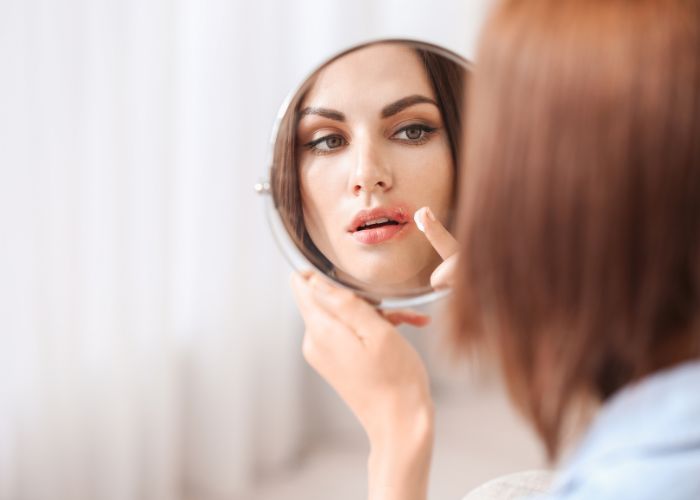Cold sores, also known as fever blisters, are small, painful blisters that typically appear on or around the lips. Caused by the herpes simplex virus (HSV-1), these sores can be both a cosmetic concern and a source of discomfort. While there is no absolute cure for cold sores, there are several home remedies that can help manage and potentially reduce their frequency and severity. In this blog, we’ll explore effective home remedies that can provide lasting relief from cold sores.
Understanding Cold Sores and Their Triggers
Cold sores are highly contagious and can be triggered by various factors, including:
- Stress: Emotional or physical stress can weaken the immune system, making you more susceptible to outbreaks.
- Illness: Common colds, flu, and other illnesses can trigger cold sores.
- Sun Exposure: UV rays can activate the virus, leading to an outbreak.
- Hormonal Changes: Menstrual cycles, pregnancy, and other hormonal changes can trigger cold sores.
- Injury to the Lips: Cuts, cracks, or other injuries can lead to cold sores.
Recognizing and managing these triggers is crucial in preventing and reducing the frequency of outbreaks.
Top Home Remedies for Cold Sores
- Ice Packs: Applying ice to a cold sore can help reduce swelling, numb the area, and provide temporary pain relief. Use an ice pack or wrap ice cubes in a cloth and apply it to the affected area for 10-15 minutes several times a day.
- Aloe Vera: Aloe vera is known for its soothing and healing properties. Apply fresh aloe vera gel directly to the cold sore to promote healing and reduce pain and inflammation. Repeat several times a day for best results.
- Lemon Balm: Lemon balm has antiviral properties that can help reduce the duration and severity of cold sores. Apply a cream or ointment containing lemon balm extract to the affected area several times a day.
- Honey: Honey has natural antiviral and healing properties. Apply a small amount of honey directly to the cold sore to help speed up the healing process and reduce pain. Reapply several times a day.
- Propolis: Propolis, a natural resin collected by bees, has antiviral and anti-inflammatory properties. Apply propolis ointment or extract to the cold sore to help manage symptoms and promote healing.
- Lysine Supplements: Lysine is an amino acid that can help reduce the frequency and severity of cold sore outbreaks. Taking lysine supplements or eating foods rich in lysine, such as dairy products, fish, and legumes, can be beneficial.
- Peppermint Oil: Peppermint oil has antiviral properties that can help reduce the duration of cold sores. Dilute peppermint oil with a carrier oil (like coconut oil) and apply it to the cold sore with a cotton swab.
- Tea Tree Oil: Tea tree oil is known for its antiviral and antiseptic properties. Dilute tea tree oil with a carrier oil and apply it to the cold sore to help speed up the healing process and reduce symptoms.
Preventive Measures
Preventing cold sores is just as important as treating them. Here are some tips to help prevent outbreaks:
- Protect Your Lips: Use a lip balm with sunscreen to protect your lips from sun exposure, a common trigger for cold sores.
- Avoid Triggers: Identify and avoid personal triggers, such as stress and certain foods.
- Practice Good Hygiene: Wash your hands regularly and avoid touching your face, especially your lips.
- Boost Your Immune System: Maintain a healthy diet, get plenty of sleep, and manage stress to keep your immune system strong.
- Avoid Sharing Personal Items: Do not share items like lip balm, utensils, or towels that can spread the virus.
Eliminate Transmission of Cold Sores
Let’s be real, no one wants to be “that person” who unknowingly spreads cold sores to others. Cold sores are sneaky, popping up when you least expect them and being contagious from the first tingle to the final heal. One of the best ways to prevent transmission is to avoid direct contact—no sharing drinks, utensils, or even lip balm when you feel an outbreak coming on. But here’s something you might not think of: your dentist! Yes, your dentist can be an essential ally in managing and preventing cold sore flare-ups. They can recommend specialized treatments, help identify triggers, and even offer antiviral dental products designed to keep cold sores at bay. Plus, they can help ensure your overall oral health isn’t being affected by recurring outbreaks. So next time you’re due for a cleaning, don’t be shy—ask your dentist about keeping those cold sores under control!
Conclusion
While there is no permanent cure for cold sores, these home remedies can provide effective relief and help manage outbreaks. By incorporating these natural treatments into your routine and taking preventive measures, you can reduce the frequency and severity of cold sores, leading to clearer skin and a more comfortable life. Remember, if your cold sores persist or worsen, it is important to consult an oral care professional for further advice and treatment.


